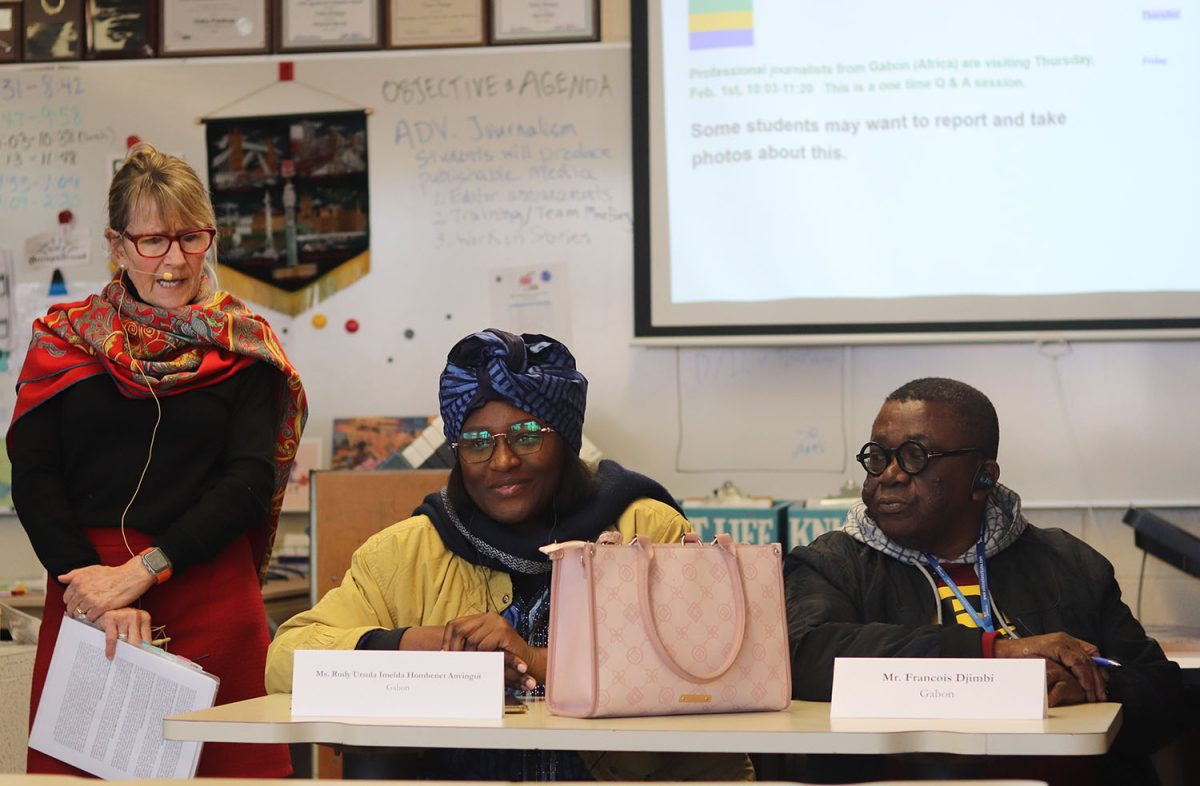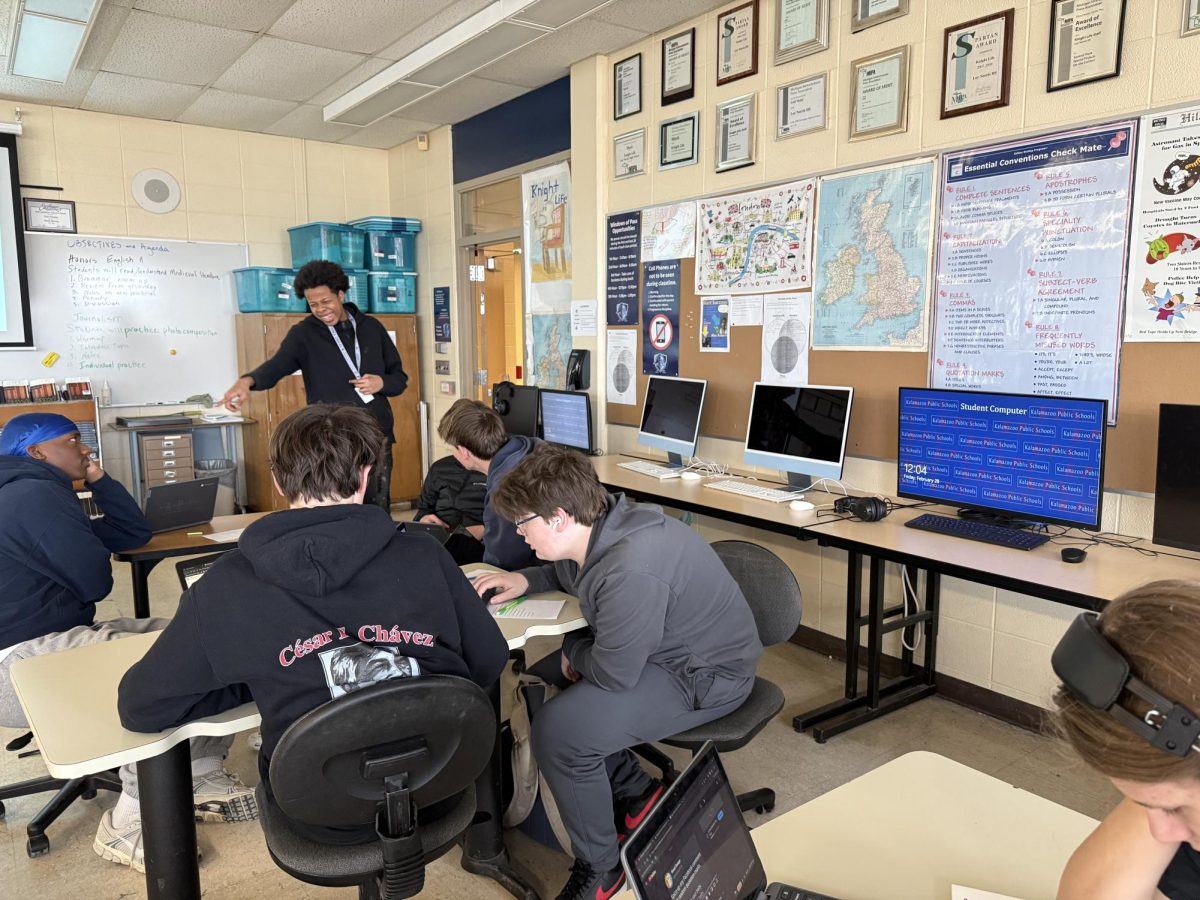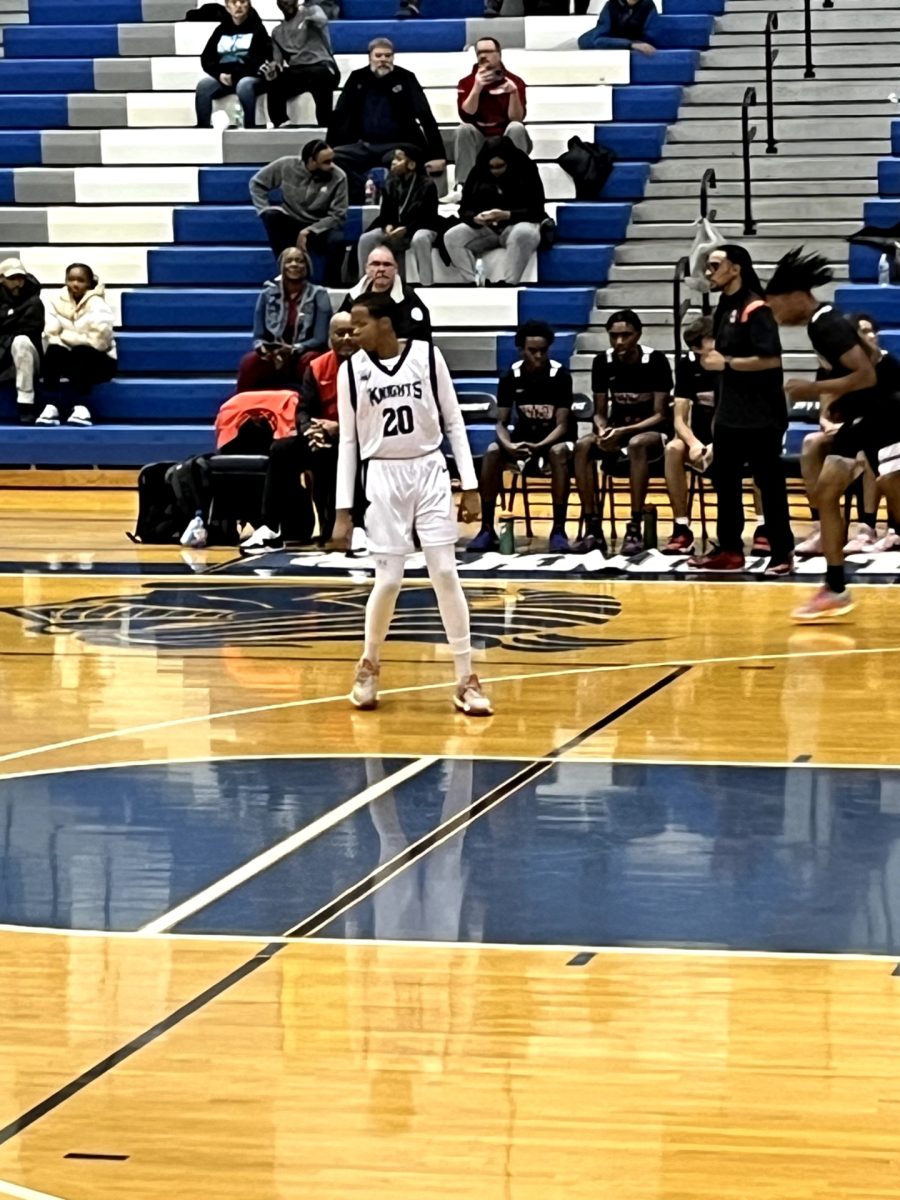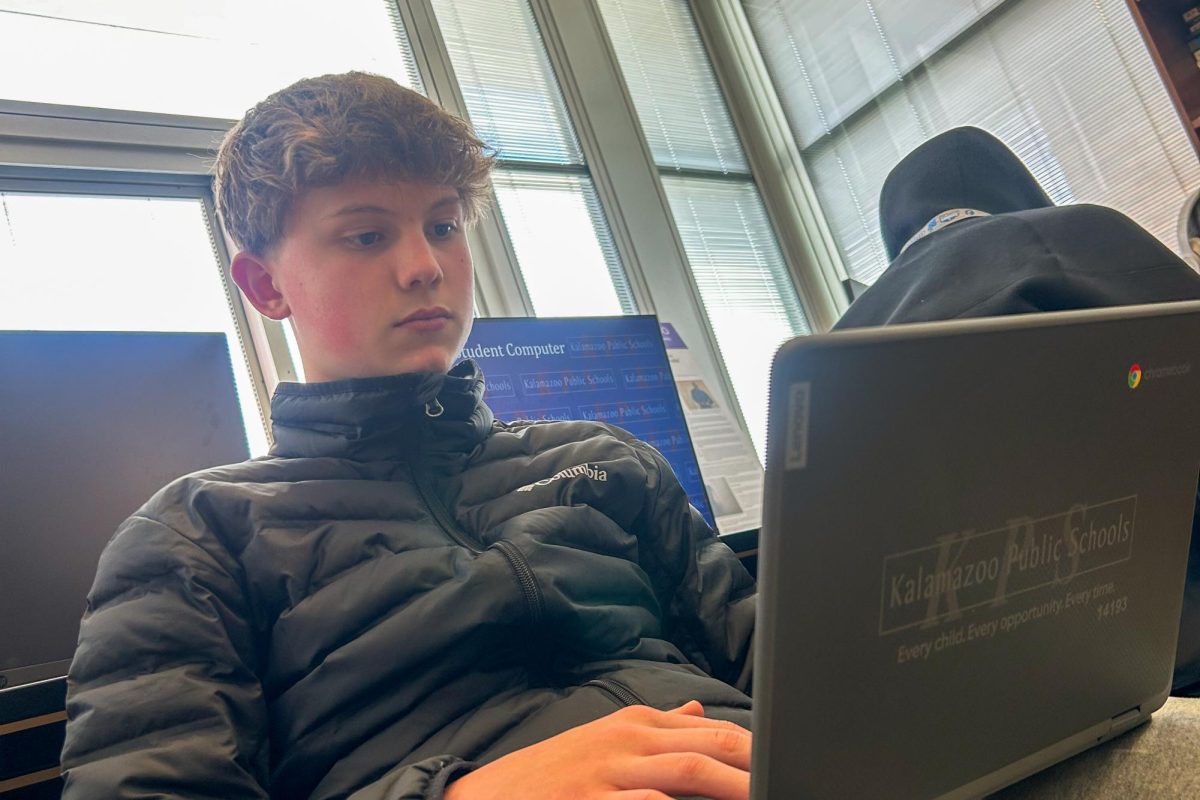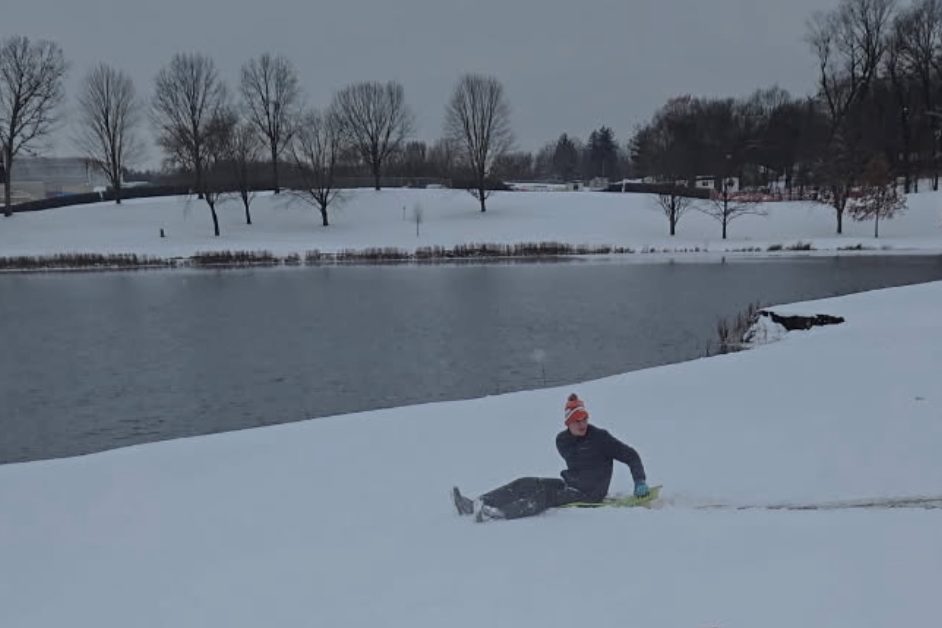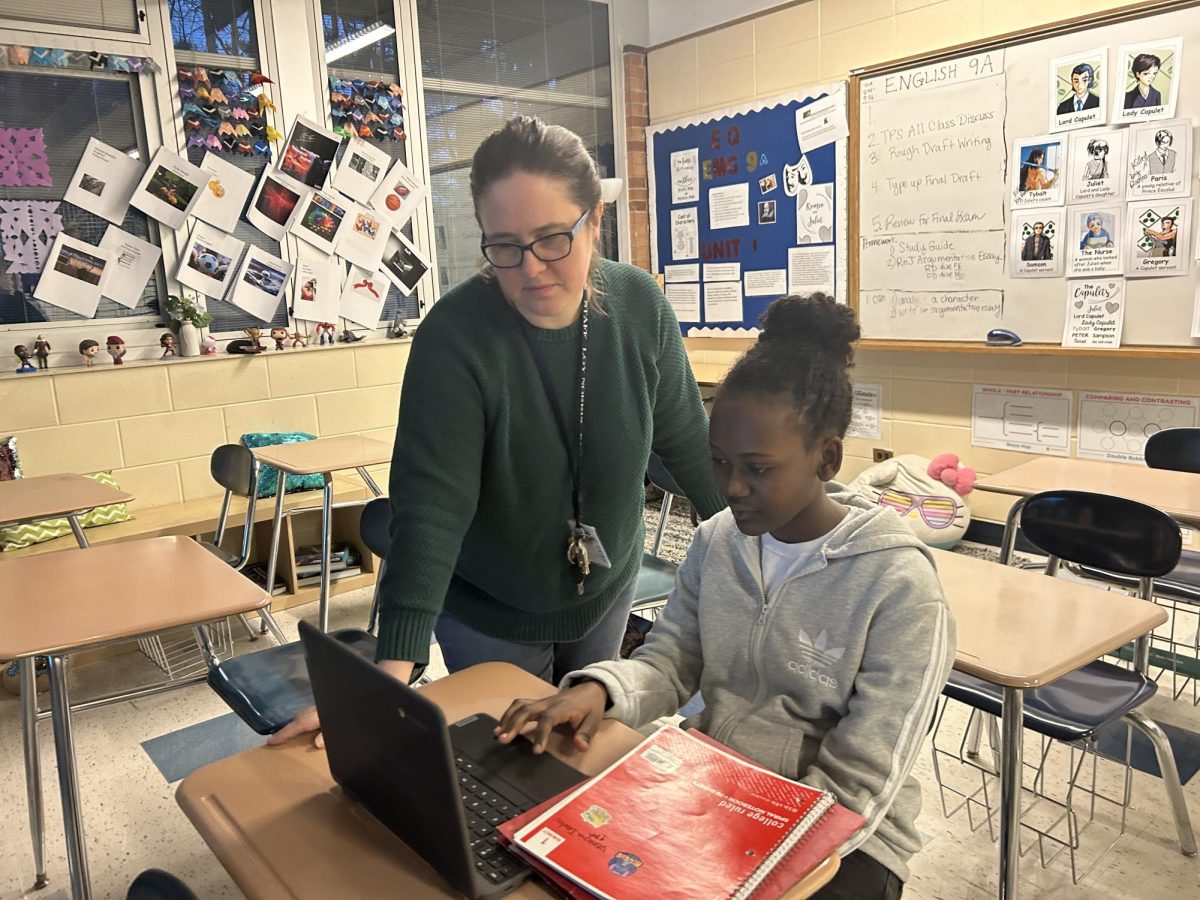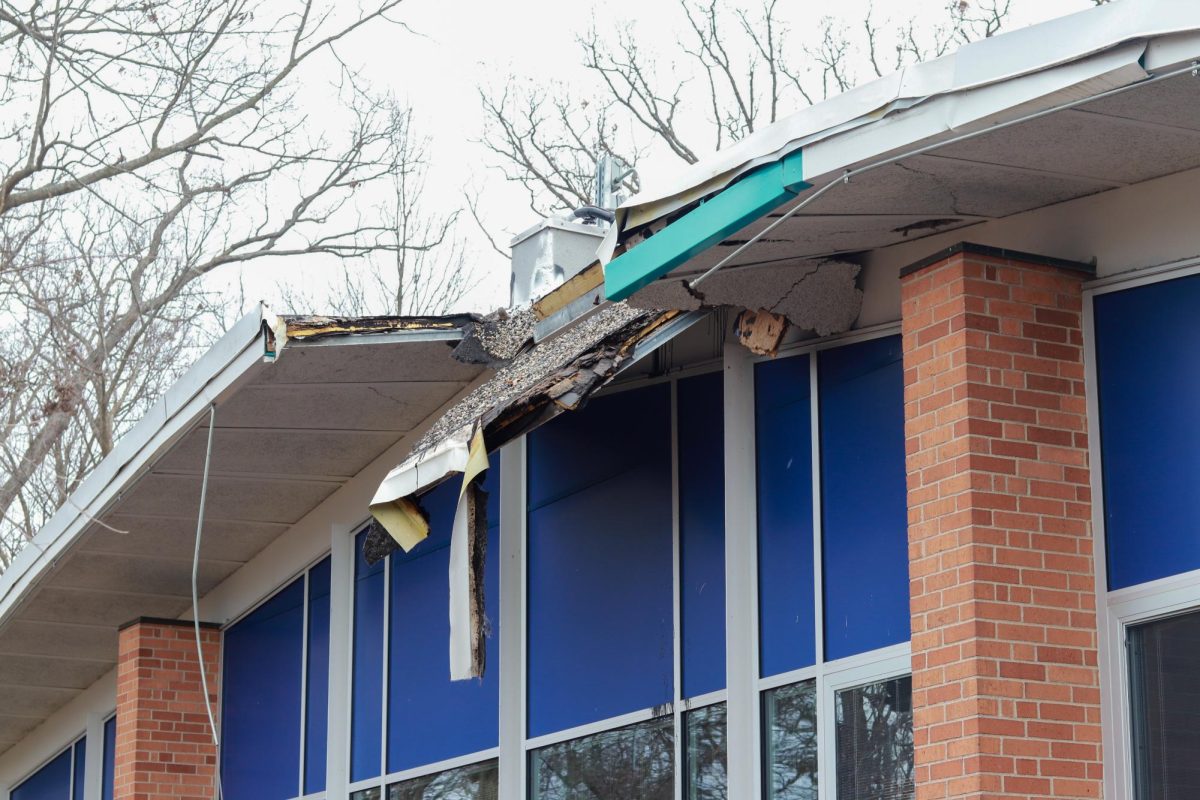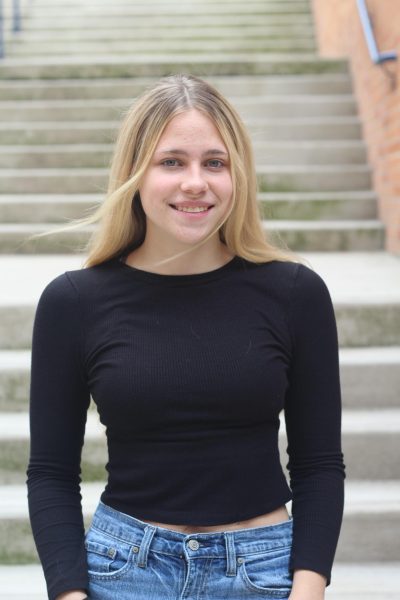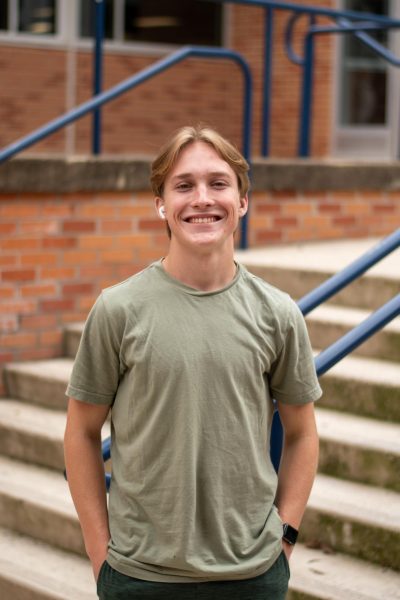Gabon is an African country that is located on the west coast of the Atlantic Ocean. The official language of Gabon is French, as the country was a French colony until 1960.
Recently, experienced reporters from Gabon visited the United States and met with Knight Life reporters to discuss the differences between journalism in the United States and Gabon. Both professionals and students had the chance to ask each other questions and learn from the other’s experiences, the discussion occurred through a translator.
A key topic that was brought up during this discussion was freedom of the press in Gabon.
“The president gave the green light to talk about anything and everything as long as journalists respect ethics,” said Raissa Sylvana, Editor of Echos du Nord, a publication in Gabon.
The country recently had a turnover of power when a coup d’état took place in August 2023. The new President, Brice Oligui Nguema, is only the fourth president to serve since the country declared independence in 1960. Before the coup took place, speech was censored more frequently.
The High Authority of Communications (HAC) is the country’s media regulator. According to Reporters Without Borders, seven of the nine members have been appointed by government authorities. Having members appointed by the government can be difficult for journalists who report on politics. Members of the HAC may be more hesitant to allow articles that reflect negatively on the government.
Starting a career in journalism is not as simple as it can be in the United States. To pursue their passions some reporters have had to leave Gabon for other neighboring countries to pursue their education.
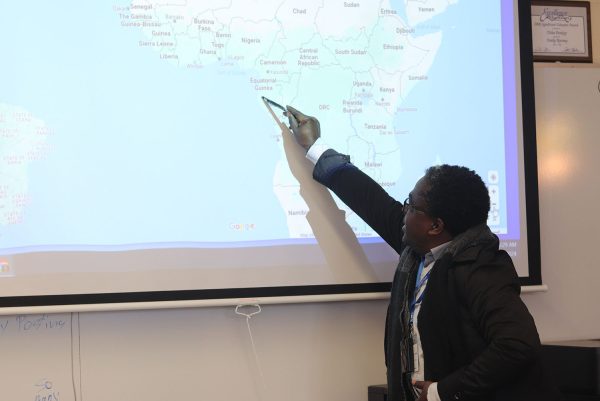
“Until recently, there were no schools of journalism. I was trained in a neighboring country, Gambia,” said Jerry Mbougou who works for Gabon TV 1.
Similarly to the US, reporters in Gabon don’t have to major specifically in journalism to pursue a career in the field. Sylvana, for example, studied philosophy before making the transition into the field of journalism.
As a journalist in Gabon, there is the option to freelance instead of working for a media outlet. Working freelance has its negatives, though. For one, there is no company backing up the reporter or helping them connect with sources. Government officials may also be more hesitant to meet with freelance journalists because there is not a company holding them accountable.
“People fear you because they are unable to control you,” said Geraud Wilfred who is the founder and owner of the publication Plusinfos.
Favorite article topics were shared among Knight Life reporters and the visiting reporters. Social issues, politics, environmental issues, and the arts were among the topics reporters were most heavily interested in.
“My favorite subjects are art, cultures and events. I really do believe culture has a main place in society, and I am really upset to see that sometimes art and culture are given the second place in society,” said Fransisco Djimbi who is the Editor and Chief at the “Gabon Review.”
For students considering a career in journalism, hearing from successful reporters and how they got to where they are was a valuable experience.
“It was interesting to hear about how highly they thought of their jobs,” Knight Life chief copy editor Isabella Figueroa continued, “They mentioned that they weren’t rich, but they didn’t care. They were doing the thing that they loved. It was inspiring.”


